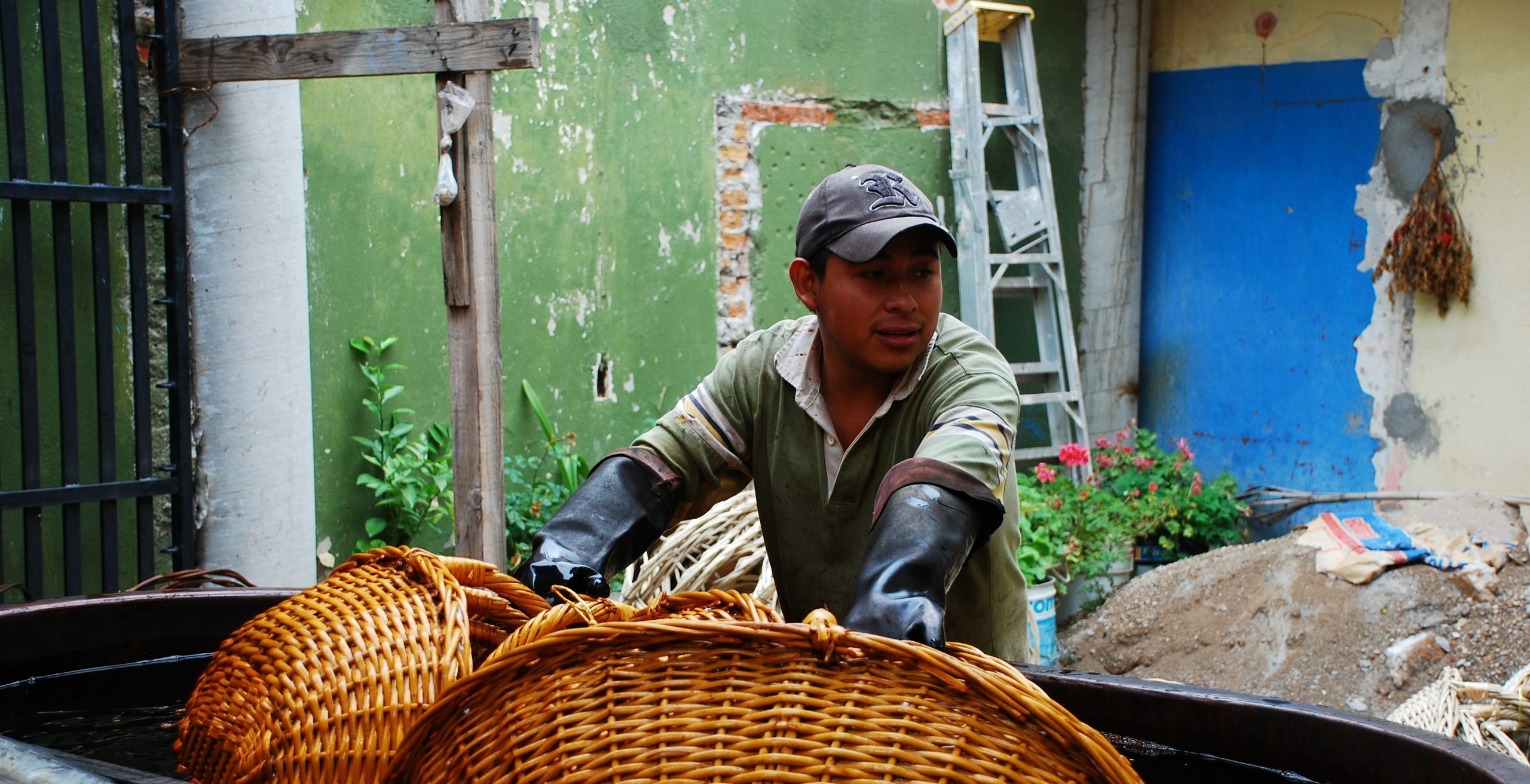

Mexico is a diverse country in all aspects: natural resources, production and, of course, its people. However, social disparities are a major problem as almost half of the Mexican population (52.4 million people) lives in poverty and has, according to the National Council of Evaluation, less than $1.5 a day to live on. This implies a series of systematic, social and economic shortcomings that prevent the satisfaction of this population´s basic needs.
One cause of structural poverty is the limited access to basic livelihood services, especially access to energy. Almost one quarter of the urban population suffers from energy poverty, constraining services such as illumination, water heating, food cooking, refrigerating, and heating. Such lack of conditions reduces the opportunity of human and sustainable development and makes it increasingly difficult for already vulnerable groups to improve their quality of life.
In fact, energy poverty in Mexican reality is a crucial factor significantly increasing societal inequality. It is usually agreed that only through cooperation between Mexican government, civil society and international organizations, the structural energy poverty, especially affecting the most vulnerable populations groups, can be mastered.
Understanding this, DGRV supports the local creation of clean and renewable energies cooperatives at community level. By working as cooperatively organized self-help organizations, the people become capable of generating their own renewable energy. Thus they can improve their living conditions by themselves. These objectives are established in the charter of DGRV´s new project PEW-LA: Participation, Energy and Welfare within Cooperatives in Latin America.
Although the cooperative organized way of energy production at community level is still new in Mexico and not yet popular, it becomes more and more an important issue. It unites the interests of various actors such as government and civil society and their intention to achieve energy sovereignty for the Mexican people.
In this regard, DGRV Mexico is also cooperating with GIZ – Gesellschaft für Internationale Zusammenarbeit and the National Institute of Social Economy (INAES). Here, DGRV participates as institutional leader in the promotion of business models of community clean energy. In addition, it is intended to establish a multi-actor platform to share and exchange knowledge and experiences, and to support the communities and organized groups to develop community energy projects.
The first step of the project was the implementation of a manual for the formation of renewable energy cooperatives (especially photovoltaic) in order to create a unified and specialized consultancy tool for the interested actors. Subsequently, DGRV will support the development of technical capacities to enforce the actions of social economy on energy. Potential partners have already been identified, for example the cooperative “Tosepan” with its desire to establish an energy cooperative in Cuetzalan Puebla.
DGRV in Mexico is also developing a model for sustainable finances in the cooperative sector and promotes the commitment of credit cooperatives in Mexico to environmental protection.
It is expected that financial products and services will facilitate access to renewable energy for the most vulnerable groups. To this end, DGRV, in collaboration with the Mexican Confederation of Savings and Credit Cooperatives (CONCAMEX), is conducting a diagnosis of needs and existing green and sustainable products in order to generate coordinated lines on sustainable issues in the cooperative financial sector in Mexico.
Finally, the cooperation of DGRV in Mexico in this relevant topic seeks to have a positive impact regarding the quality of life of small communities, promoting sustainable development and especially contributing to the SDG 7 objective of the 2030 Agenda: Realizing affordable and clean energy.
In this context, cooperatives contribute significantly to the fight against energy poverty and enable the satisfaction of basic needs of the most vulnerable population in a country with a high level of economic and social inequality.
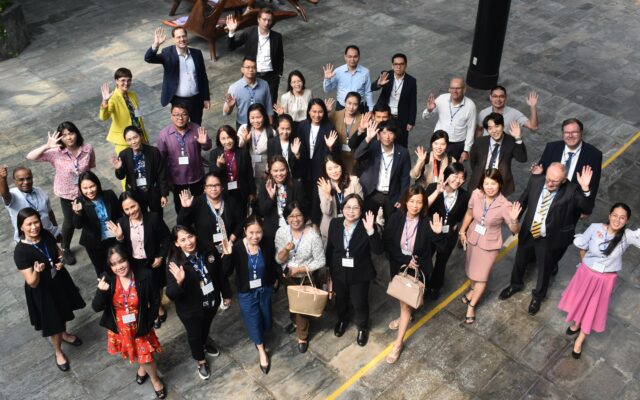
A new partnership between DGRV and the Cooperative Development Authority (CDA) in the Philippines is enhancing regulatory oversight and stability within the cooperative sector.
More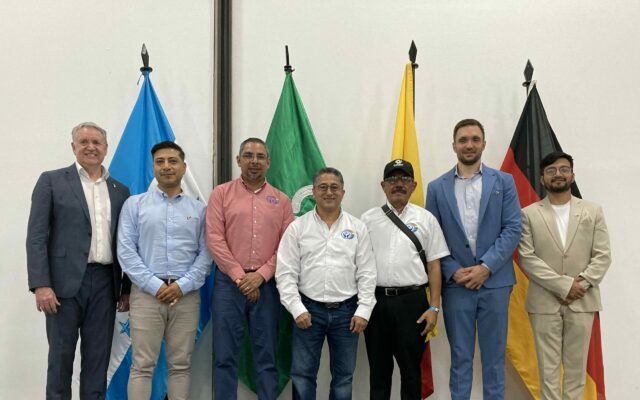
DGRV’s project in Honduras focuses on strengthening the cooperative financial sector, particularly in rural areas, and improving access to financial products and services. The initiative also aims to enhance resilience to climate change and promote the efficient use of natural resources, fostering sustainable and inclusive economic growth.
More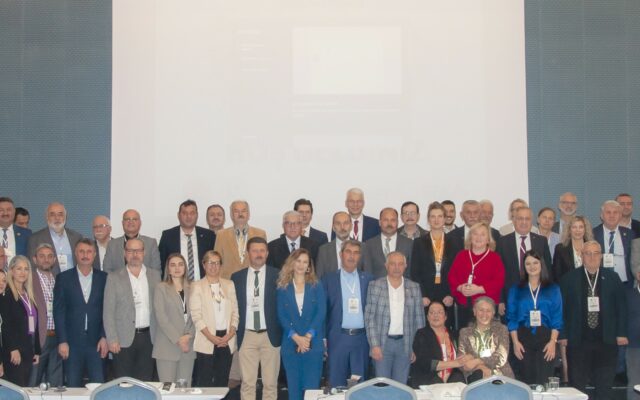
The 8-year long TAKBİ project within the framework of the Turkish and German association cooperation, revitalized Turkish agricultural cooperatives by surmounting challenges, elevating organizational structures, improving service quality, and fostering member satisfaction, leaving a lasting positive impact on the cooperative landscape in Turkey.
More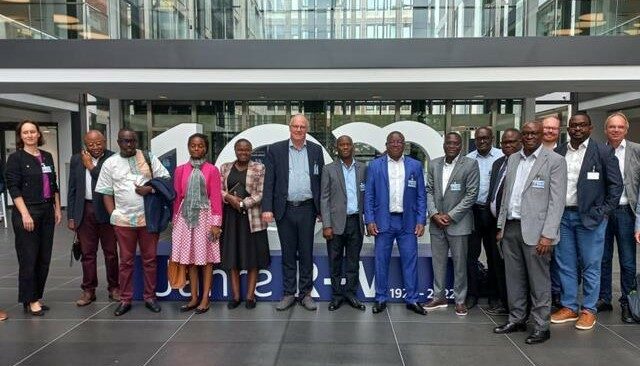
Financial experts from Benin, Cameroon, and Uganda embarked on a journey to Germany to explore the essence of cooperative principles, forging a vision for a resilient banking sector that transcends borders and fosters economic and social progress in African communities.
More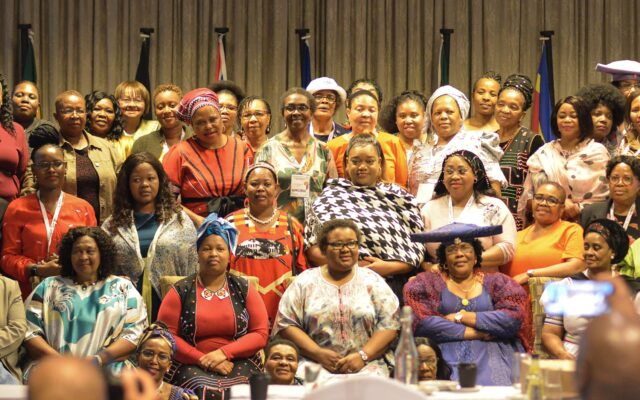
In an extraordinary gathering, female traditional leaders from Southern Africa converged to harmonize the concepts of Ubuntu and cooperative principles, setting a visionary path for community development.
More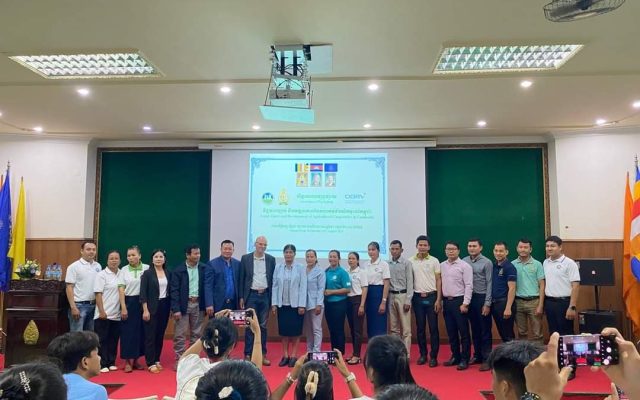
Empowering Cambodia's agricultural cooperatives through dynamic seminars: DGRV and AERD/RUA collaborate to drive leadership, professionalism, and sustainable growth.
More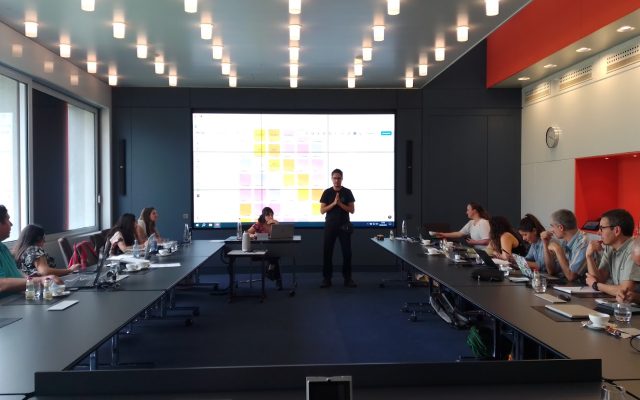
In June, eight Chilean organizations participated in an Exposure Visit to learn from the experience of Energy Cooperatives in Germany
More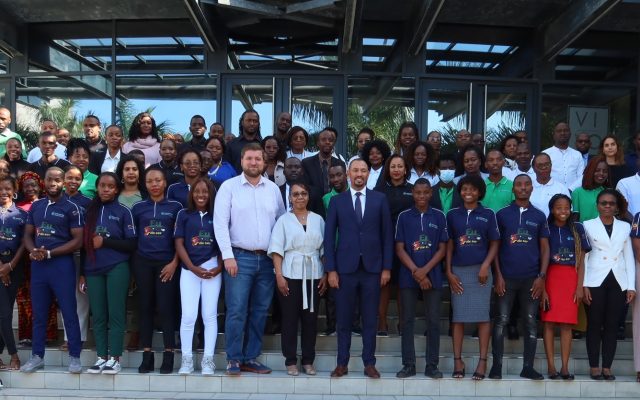
Empowering Mozambican youth through cooperative entrepreneurship to tackle unemployment and promote economic growth.
More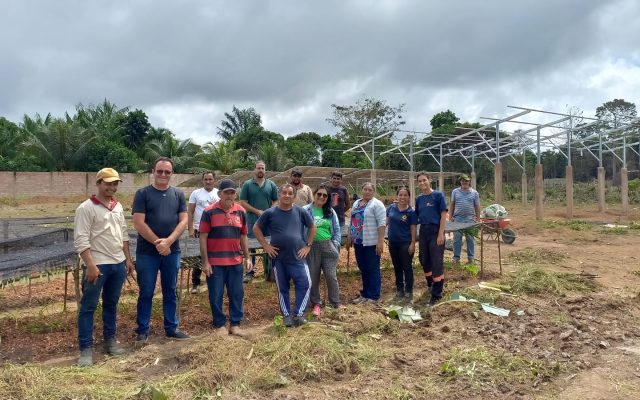
Helping the cooperative CCampo Alimentos to implement an Agrivoltaic pilot project in Brazil
More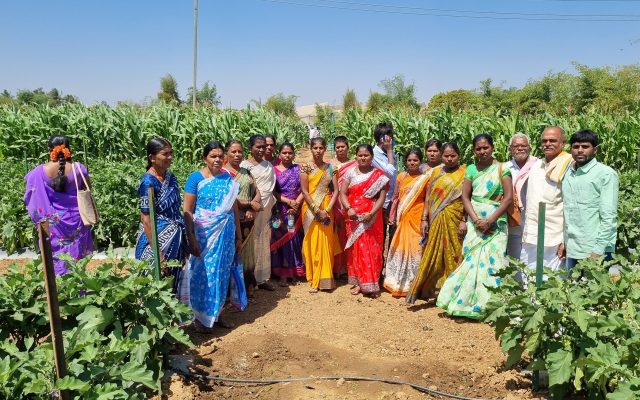
Adaptation measures to climate change in rural areas in India
More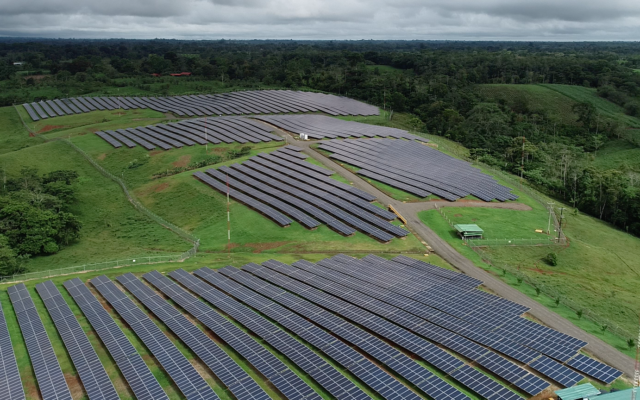
Renewable Energy in Costa Rica generated by cooperatives.
More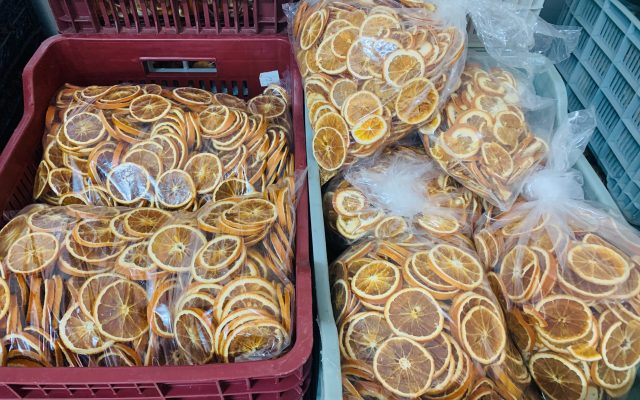
Food Processing with a Regional Federation
More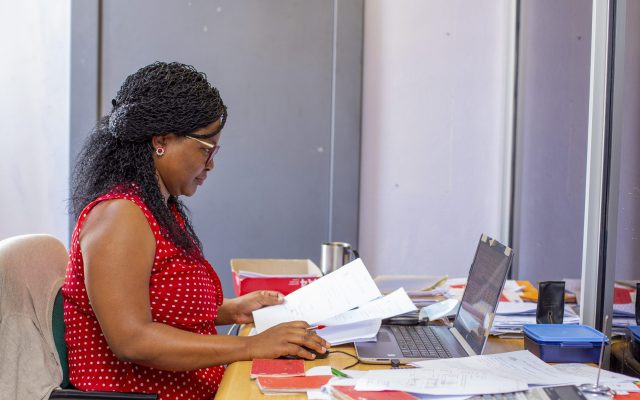
Digitisation of Primary Co-operatives in eSwatini
More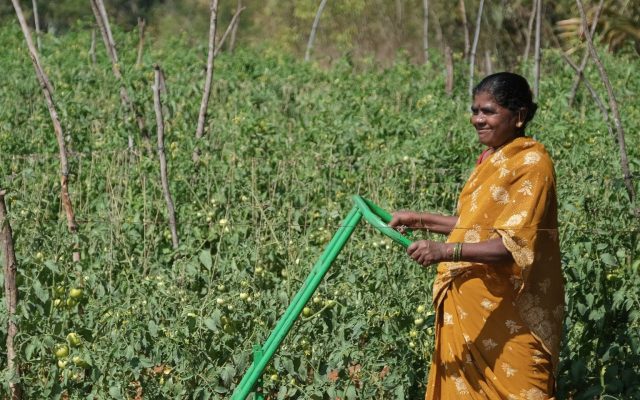
A central solution that enables members to make daily agricultural necessities available promptly and financially affordable
More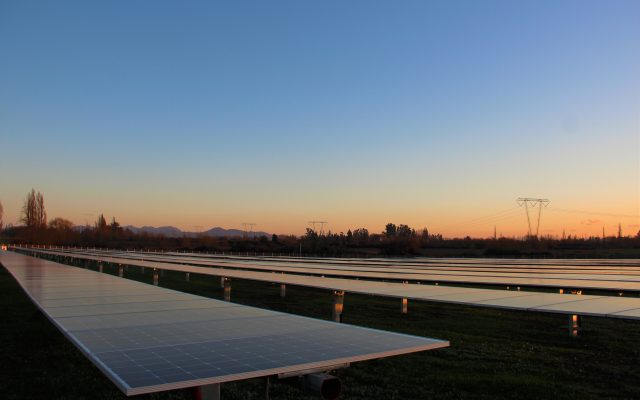
The creation of Community Distributed Generation Cooperatives in Chile.
More
Textile cooperative in Tunisia
More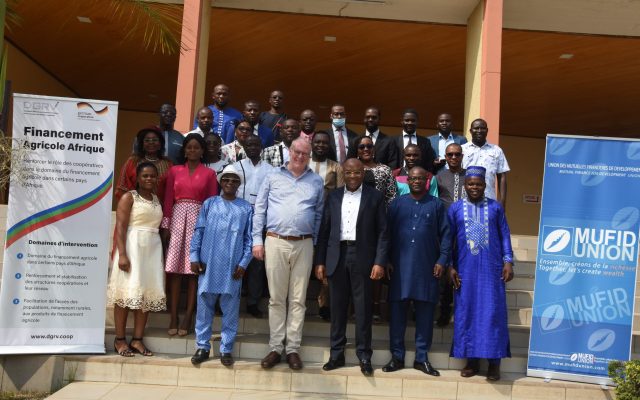
Facilitating access to quality agricultural finance products in Cameroon
More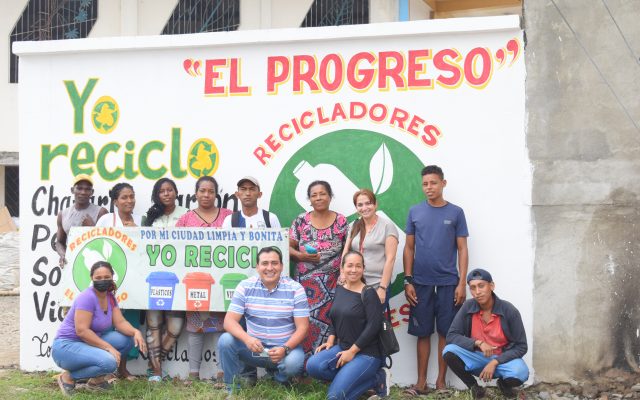
Generating business and commercial connections with the "Networks in Action" project
More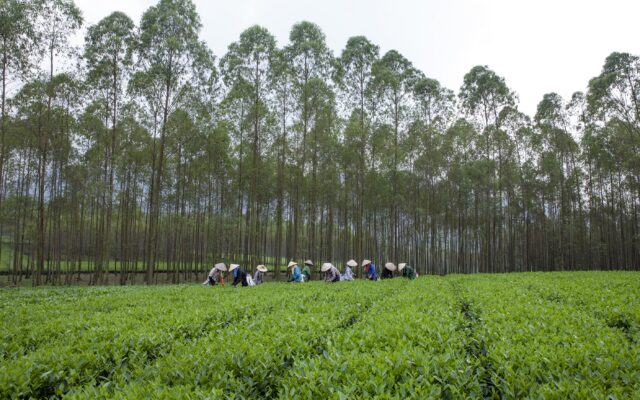
Mid- term courses for cooperative officials in Vietnam
More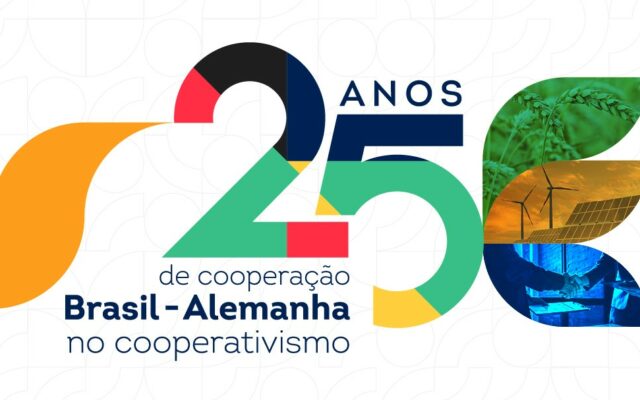
The collaboration between the Brazilian and German cooperative sector
More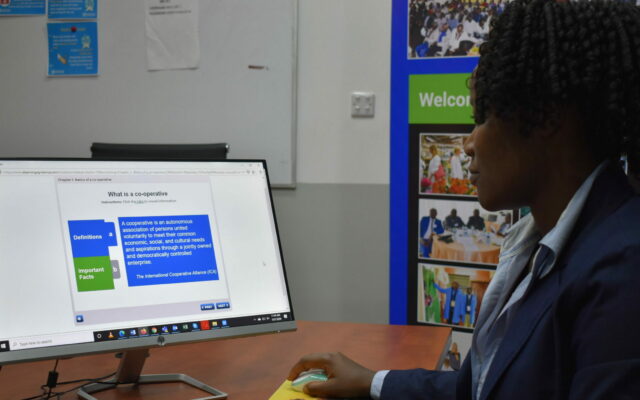
DGRV Kenya supports project partners on their way to adapt to “The new normal” in times of COVID-19
More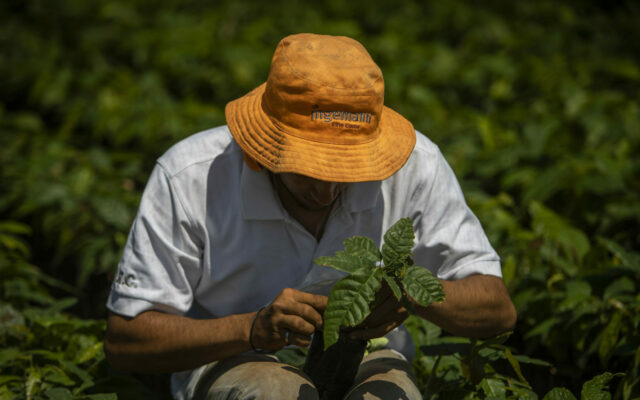
Pablo and his Potatoes
More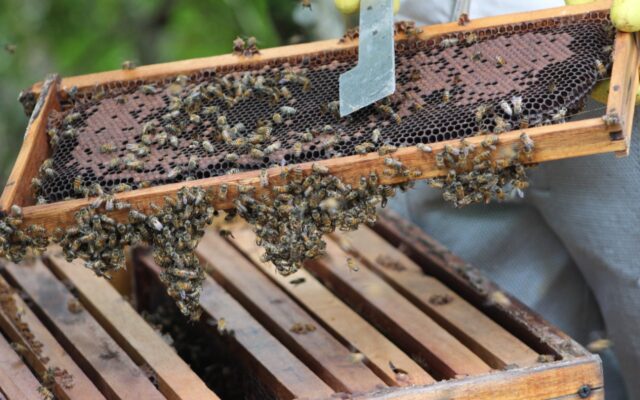
Strengthening small rural producer organizations in Colombia
More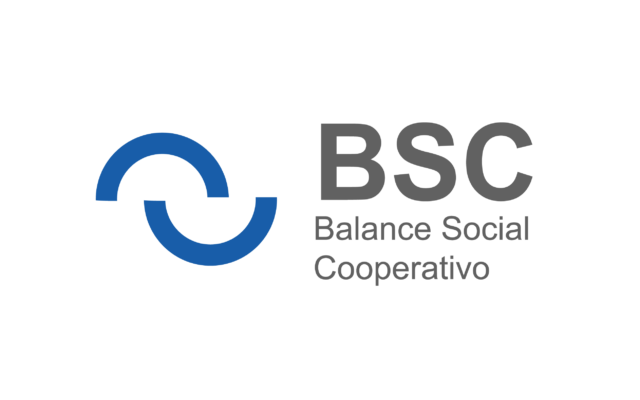
Cooperative Social Responsibility in Honduras
More